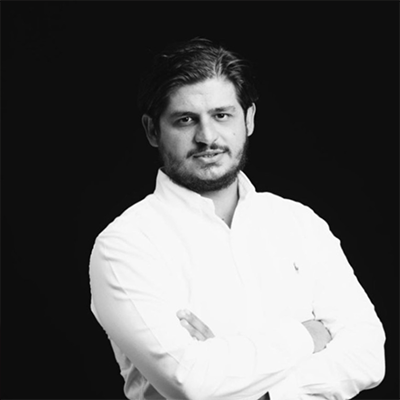Greentech Alliance’s Industry Spotlight Series highlights members across all sectors represented in our community, with the aim of bringing great awareness to the sustainability challenges of the current and future generations. This is the eighth blog in the series. View our previous blogs via the links below:
Industry Spotlight #1: Biodiversity and Conservation
Industry Spotlight #2: Plastic Waste Solutions
Industry Spotlight #3: Innovative Solar Solutions
Industry Spotlight #4: Sustainable Fashion
Industry Spotlight #5: Alternative Protein & Sustainable Food Supply Chains
Industry Spotlight #6: World Cities Day Special Edition: Planning for Sustainable Cities
Industry Spotlight #7: Scaling Healthy Soil Solutions
January is a time of reflection for many of us. It’s the month to review the positives and negatives of the past year, set goals for the new year, and perhaps identify new practices to lead a mindful lifestyle. It also marks the end of a holiday season often characterized by high levels of consumerism and everything that goes along with it: shipped boxes, single-use plastics, Styrofoam and packing peanuts, paper wrapping, big meals, and new electronics, to name a few hallmarks of the holidays.
In high-consuming economies, waste increases dramatically during the holiday season. In the United States, it grows by 25-43 percent between Thanksgiving and New Year’s Day, and similar increases are observed during winter holidays in countries like the UK and Australia. While some countries are better at recycling and circular practices than others, there’s still a lot that can be done globally to reduce waste and give second life to products across different sectors and industries.
Changes in corporate and consumer behavior are key to addressing the monumental waste challenge. In a world still dominated by products made from virgin materials and wrapped and packaged in single-use paper and plastic, evolving Greentech solutions can help people and companies adopt more sustainable consumption patterns. They can give second life to products, provide insight into material composition to facilitate recycling, and help build goods that last longer and are ‘circular-by-design.’
Greentech Alliance companies are on the front lines of advancing the circular economy. Our members offer reusable containers and recycled plastic products; apps and browser extensions for alternatives to fast fashion; community marketplaces to sell, swap, and donate gently used goods; and circular building materials for sustainable construction and home renovation. They help businesses pursue more conscious business models, offering product-as-a-service solutions to drive the sharing economy; take-back programs for brands; and corporate sustainability scores to help companies communicate their sustainable and climate-positive production processes to consumers.
If you like what you see here and want to follow more Greentech Alliance content, subscribe to our newsletter for updates and follow us on LinkedIn.
Company: Circulee
Co-Founder & CEO: Thomas Gros
Mission: Making Green IT simple for businesses in Germany.
Thomas on extending IT product lifetimes to minimize CO2 impact: “Throughout an IT device’s lifetime, up to 80% of the CO2 footprint can be attributed to the manufacturing process. By extending the lifetime of IT devices, we help businesses contribute to resource efficiency, while saving up to 80% in CO2 emissions and up to 50% in business costs. We thus ensure the highest quality of pre-owned IT devices.”
Company: circuly
Co-Founders: Victoria Erdbrügger & Nick HuijS
Mission: circuly is a subscription management software solution designed for managing product-as-a-service businesses.
Victoria and Nick on phasing out unsustainable practices built on finite resources: “We enable sustainable change at the core to extend product lifecycles and empower accessibility over ownership. With every new subscription business model initiated, we get one step closer to making consumption habits circular. And one step closer to striking out unsustainable practices that are built on finite resources.”
Company: Earthmark
Co-Founders: Jack Linnett, Laura Gibson, Ollie Gibbs, & Anastasis Stamatis
Mission: Earthmark provides 0-5 environmental scores for businesses by aggregating public data and plugs these into customer journeys to make conscious decision-making possible, at scale.
Earthmark cofounders on transparency for decision-making: “Earthmark is facilitating the drive towards a circular economy by bringing transparency to decision-making, aggregating robust and relevant public data points to spotlight businesses' environmental performance. Current focus is exclusively around a business' environmental credentials: scope 1-3 emissions, carbon intensity, and general governance. We're integrating Earthmarks (0-5 scores) into customer journeys to make it possible to base decisions on environmental performance just as easily as you can base them on other factors such as trust and popularity.”
Nathan on the importance of information-sharing with consumers: “eeko contributes to the circular economy by providing actionable information to consumers to help them make informed and sustainable purchasing decisions. Using eeko, consumers can compare and choose brands and companies that are more sustainable, reducing waste and increasing consumption of more sustainable goods.”
Company: Enable 3D
Founder: Manuel Siskowski
Mission: Based on decentralized additive manufacturing, Enable 3D leads brands into the world of sustainable production.
Manuel on upcycling production waste from injection molding: “Enable 3D analyzes production waste from injection molding to turn it into 3D printing filament. This new material is used to produce newly developed digital products of the companies.”
Company: Evitat
Co-Founders: Srikanth Kondaparthty, Sonja Markovic, & Armin Towfigh NiA
Mission: Evitat is a startup that empowers renovators to make healthy, energy-efficient, and low-carbon home improvements. The Evitat ecosystem fills the sustainability gap in the global home improvement market and unlocks a new value proposition for sustainable homes through a Direct-to-Consumer platform.
Srikanth, Sonja, & Armin on promoting circular and regenerative building materials: “We support suppliers and manufacturers with circular and regenerative building materials and product solutions and connect them with a conscious renovator community. We educate, facilitate, and strengthen the eco-system for a circular and low-carbon future for everyone.”
Company: GIFTD
Co-Founders: Hannah Kromminga & Michael Gegg
Mission: GIFTD is the new app where clothes come for free.
Hannah and Michael on the CO2 reduction benefits of gifting: “Gifting achieves a better resource allocation as transactions are perceived as 'easier' than resale, meaning the approximately 30 billion newly-produced and unused items of clothing with a CO2 footprint of around 0.6 gigatons of CO2 per year have a chance of being used and hence decrease overall production.”
Mission: KiDSiE is here to help parents save on the costs and environmental impact of purchasing for kids. We do this through our circular marketplace and community for preloved kidstuff, where families can shop, sell, swap, and donate all things their kids outgrow from maternity to 10 years.
Jennifer on extending the life of childrens’ items: “Kids require a lot of stuff which is quickly outgrown, and 80% of this goes into landfills each year. KiDSiE helps families keep baby and kid's items in use for longer, extending the life of items and reducing the need for new resources to be used to create similar products. Additionally, KiDSiE provides an affordable option for families looking to purchase for their children, reducing the need for them to buy new at full price and helping them recoup money by selling off outgrown items. A circular model where everyone wins: families, the environment, and even our kid’s stuff!”
Company: Sykell
Co-Founders: Davide Mazzanti & Michael Kappler
Mission: Sykell replaces single-use food packaging with convenient reusable containers that customers can easily return in the existing reverse vending machines.
Davide & Michael on empowering customers with reusable containers: “Sykell operates the most accessible system for reusable containers: Einfach Mehrweg. The customer uses the containers without the need of an app or other obstacles, and they come with a normal deposit. After the use, the containers can then be returned in the same machines that are already recovering reusable bottles. In collaboration with its logistic partners, Sykell offers a full service to its clients in the food industry, including transportation, washing, and deposit management. Each Sykell container is trackable singularly, enabling a precise analysis of the positive impact of the entire system.”
Mission: TrödelSpende is an online second-hand marketplace where people exchange their items for donations to charities.
Stéphane & Daniel on new possibilities in sustainable and ethical shopping: “TrödelSpende is enabling you to not only shop sustainably online, but also ethical by making a donation every time you buy or sell something on the platform. It’s a new and unique way to buy second-hand and support NGOs at the same time. In the end the organization gets a donation, the buyer is happy with his new purchase, and the seller makes a donation and also receives a donation receipt. It's a win-win-win!”
Company: Twig
Founder: Geri Cupi
Mission: twig is a fintech scaleup that allows users to value and trade unwanted or unneeded items such as fashion or electronics for instant cash - or using them as currency for new purchases. twig's mission is to empower consumers to participate in the circular economy and help items avoid landfills.
Geri on improving the efficiency of the secondary goods market: “Twig minimizes the friction for users when participating in the secondary goods market. We increase market transparency for users by valuing their pre-owned items in real-time (vs bidding/auction-style of classic resale players), and we minimize transaction costs by buying the items instantly (vs peer-to-peer negotiations on classic resale platforms).”
Mission: Unwaste.io uses crowdsourced data, cloud, and mobile technology in the Global South to circularize plastic waste by connecting domestic processors with marginalized suppliers.
Cameron on collaboration in the African circular economy ecosystem: “We provide digital tools to help formal and informal actors in Africa's circular value chain, work fairly together.”













